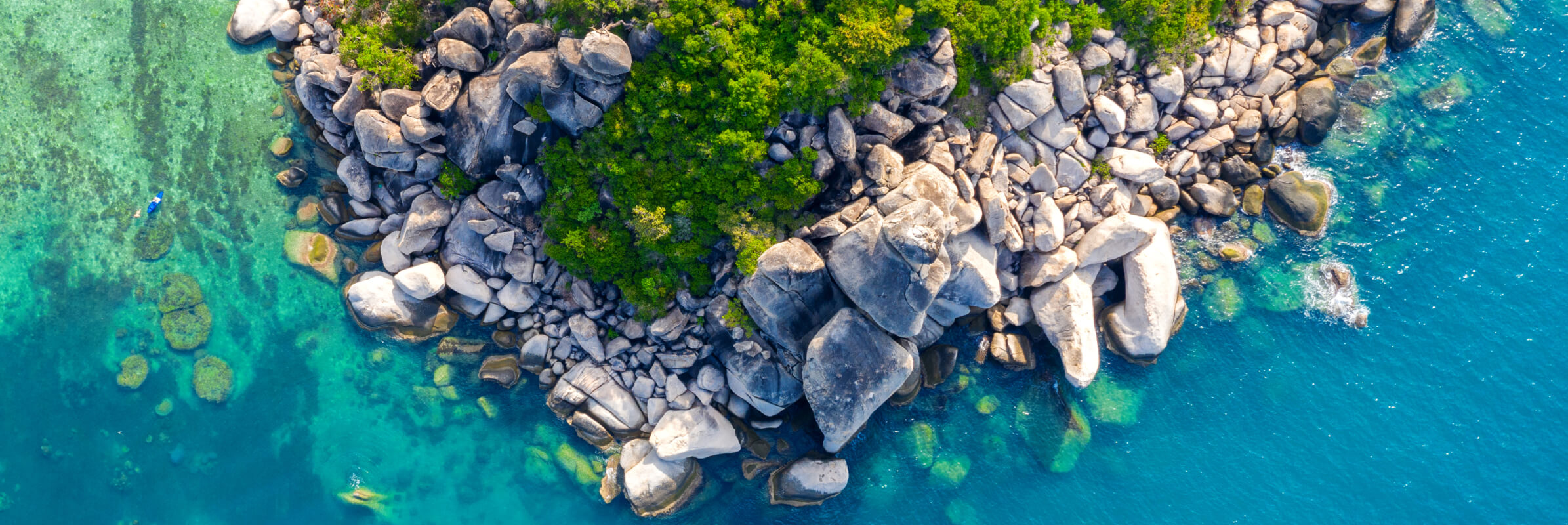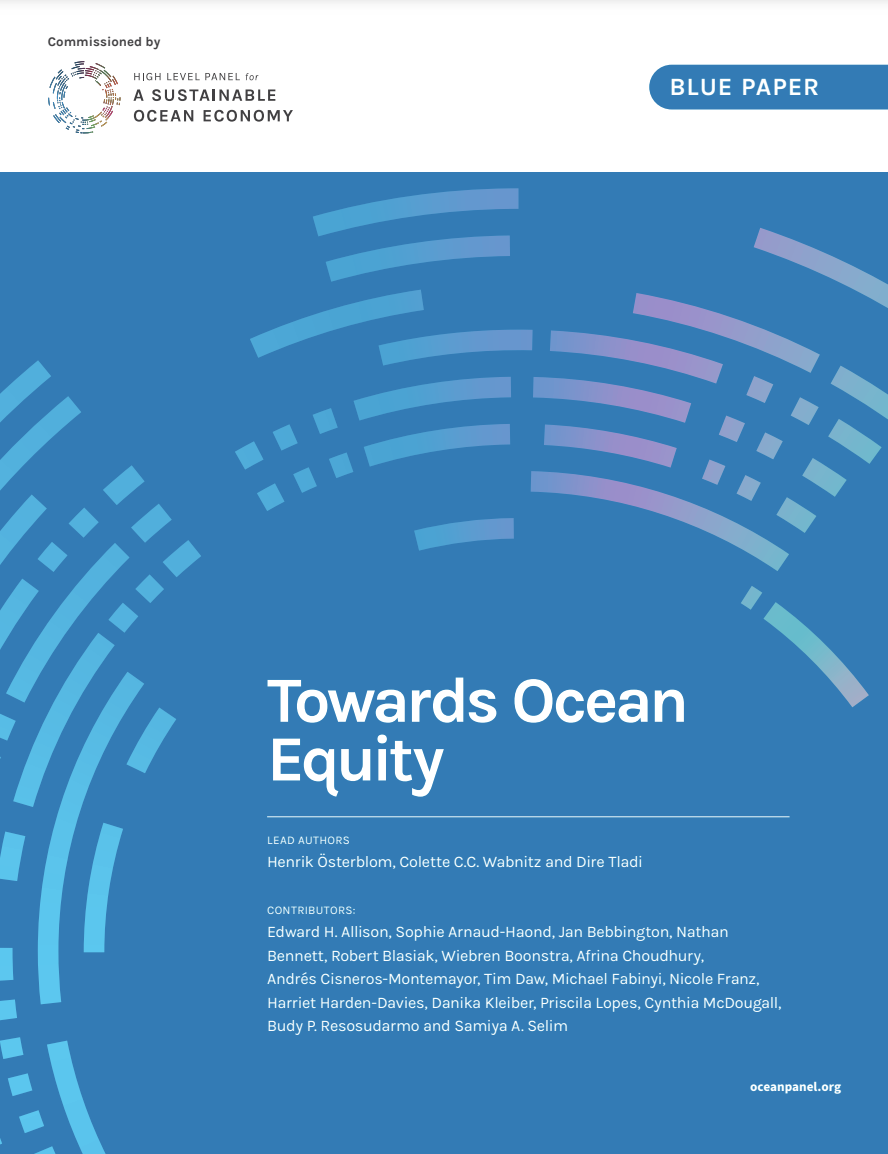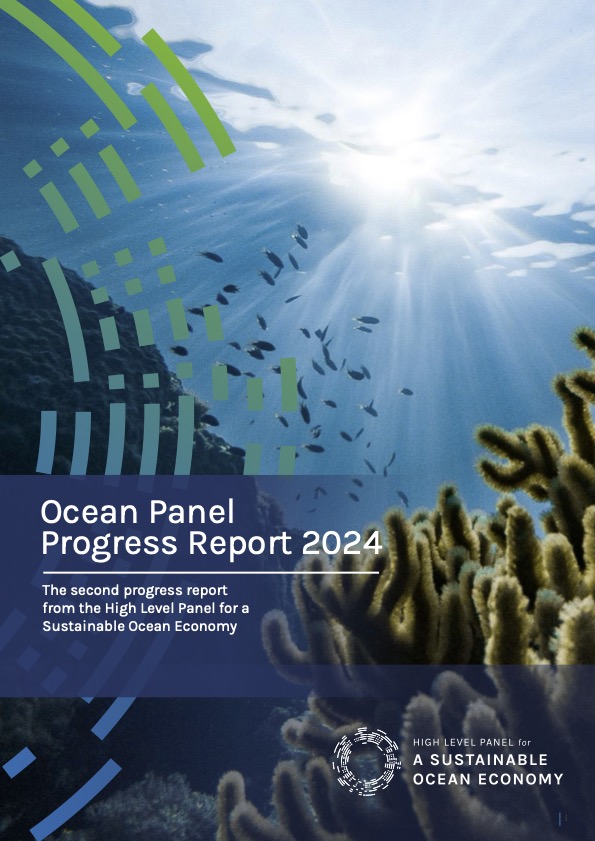The Ocean Panel’s Transformations agenda outlines a set of ambitious, yet practical recommendations to reshape the way we safeguard and utilise the ocean over the next decade—and ultimately manage humanity’s impacts on it—through transformative actions across these 5 key pillars: Ocean Wealth, Ocean Health, Ocean Equity, Ocean Knowledge, and Ocean Finance.
Transformations Agenda
Key Pillars
Ocean Equity
Ensuring Equity and Sustainability
Create a people-centric, equitable and inclusive ocean economy that upholds human rights, ensures fair distribution of ocean wealth, provides equal opportunities for all, promotes transparent and ethical business practices, addresses the vulnerabilities of developing nations and safeguards the needs and rights of present and future generations.

Encouraging Progress
Analysis shows encouraging progress in advancing the ocean equity principles across the Ocean Panel members, though some areas need further attention to fully realise an equitable and inclusive sustainable ocean economy. All countries assessed have made at least some progress towards transparent business practices, while Indigenous and coastal communities’ rights and women’s engagement in ocean activities have high proportions of countries that have made at least some progress. In the figure, the ‘not applicable’ designations for women’s engagement in ocean activities and respecting the rights of Indigenous Peoples may reflect that some nations do not separate out protected characteristics, have distinct Indigenous populations or legally recognise their local communities as Indigenous (see Appendix C: Methodology).
Active Case Studies
Many Ocean Panel countries have been making great strides in advancing ocean equity and justice. For example, under the guidance of the Australian environment minister’s Indigenous Advisory Committee, the government established a dedicated national First Nations Sustainable Ocean Reference Group to provide strategic advice on culturally appropriate and respectful engagement with First Nations people in the development of the country’s Sustainable Ocean Plan. This led to a series of inclusive, strengths-based and culturally responsive consultations with First Nations participants. The Australian government also delivered joint consultations and attended other First Nations forums to complement dedicated ocean-planning engagement activities. The United States’ ‘Guidance for Federal Departments and Agencies on Indigenous Knowledge’ and Ocean Justice Strategy serve as another strong example. The White House engaged more than a thousand individuals, organisations and Tribal Nations on how Indigenous knowledge should be elevated in federal decision-making.
Specific Achievements
Mexico’s feminist foreign policy, launched at the 31st Meeting of Ambassadors and Consuls in January 2020, aims to dismantle structural gender disparities and foster a more equitable society. The policy is rooted in five core principles including integrating a gender perspective and feminist agenda in foreign policy, achieving gender parity within the foreign ministry, ensuring a violence-free work environment, promoting visible equality and infusing feminism across all ministry sectors.
“Shifting a historical trajectory of persistent and increasing inequities will require strong leadership, inclusive governance and long-term planning that starts with a commitment to equity as integral to a sustainable ocean economy and relationships within and across nations.”



